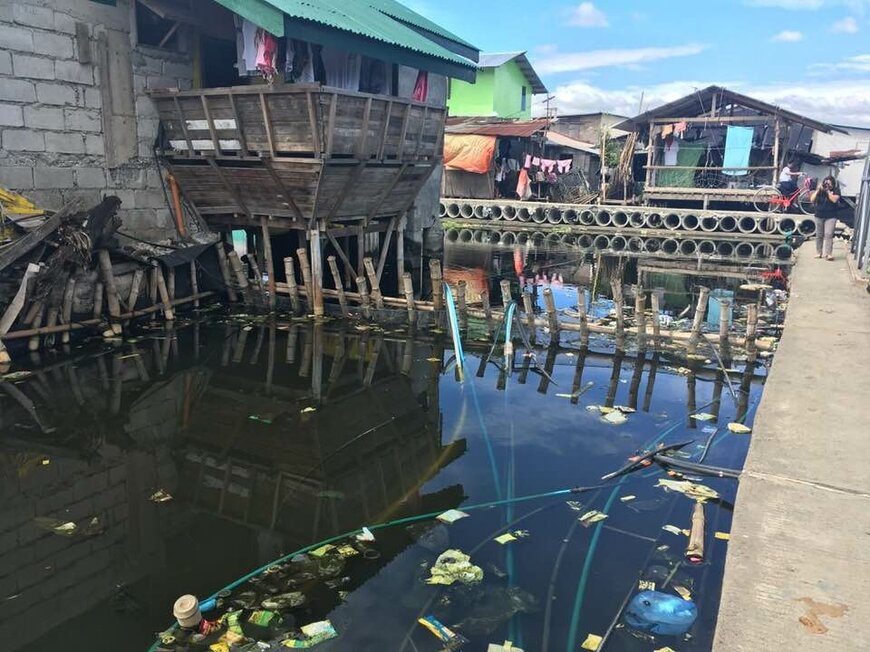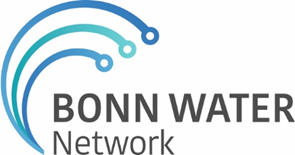Press releases
Online event \ Toward Urban Water Security: What works, when and why?
The Bonn Water Network cordially invites you to its webinar ‘Toward Urban Water Security: What works, when and why?’ on Wednesday, 25 May 2022, 05:00-06:30 PM (CET). In this seminar, Corrine Cash, Mount Allison University, and Larry Swatuk, University of Waterloo, critically reflect on the appropriate entry points for urban water security.

Cities are organic, highly divided (socially, economically, politically) social spaces. These divisions manifest spatially, ensuring that realising the ‘right to the city’ is a difficult task. Evidence suggests that macro-approaches do not work (e.g. IWRM; IUWM). Yet, opportunities for positive social change often arise. How to ensure that these opportunities result in collective social good? In this seminar, Corrine Cash, Mount Allison University, and Larry Swatuk, University of Waterloo, critically reflect on the appropriate entry points for urban water security. Recognising that change requires organisation, persistence and innovation, that positive outcomes may be fungible, and that negative outcomes are opportunities for reflection and reorganisation, their research highlights nine factors that are necessary for equitable, sustainable and affordable outcomes:
⁄ collective, cross-sectoral and participatory decision-making;
⁄ actions that are framed in a deliberately non-political way;
⁄ projects that are underpinned by influential third-party involvement;
⁄ efforts that are supported by government policy shaped by enlightened leadership;
⁄ shared need;
⁄ sufficient available capital;
⁄ respect for people;
⁄ relatively equal vulnerability;
⁄ the presence of an effective regulator.
Whether some or all of these are necessary, however, is not clear. Drawing on evidence from a series of case studies, the input givers ask: What are the necessary conditions to ensure that effective efforts in support of urban water security are fungible and scalable within and across cities?
Invitation and Programme
To participate, please register via Zoom here:
https://us02web.zoom.us/webinar/register/WN_GU-Hg1GMSwyWugbZ6S1dhQ

⁄ collective, cross-sectoral and participatory decision-making;
⁄ actions that are framed in a deliberately non-political way;
⁄ projects that are underpinned by influential third-party involvement;
⁄ efforts that are supported by government policy shaped by enlightened leadership;
⁄ shared need;
⁄ sufficient available capital;
⁄ respect for people;
⁄ relatively equal vulnerability;
⁄ the presence of an effective regulator.
Whether some or all of these are necessary, however, is not clear. Drawing on evidence from a series of case studies, the input givers ask: What are the necessary conditions to ensure that effective efforts in support of urban water security are fungible and scalable within and across cities?
Invitation and Programme
To participate, please register via Zoom here:
https://us02web.zoom.us/webinar/register/WN_GU-Hg1GMSwyWugbZ6S1dhQ



